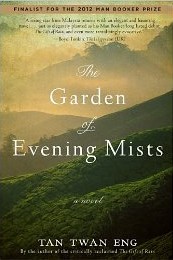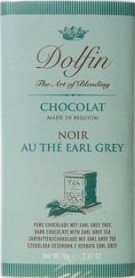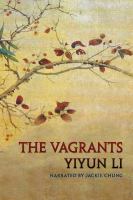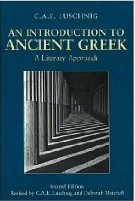2014: The Shelf: From LEQ To LES: Adventures in Extreme Reading
by Phyllis Rose.
What was originally supposed to be a random shelf turns out to be rare, forcing Rose
to relax her criteria :
|
I would not read a shelf that contained more than four books by one author
. . .
[Later revised to:]
There had to be several authors represented on the shelf, and only one could have
more than five books
. . . there had to be a mix of contemporary and older works,
and one book had to be a classic I had not read and wanted to
. . . I could choose no shelf that contained work by someone I knew.
. . . I devised a new rule that if the shelf was well-balanced overall,
. . . I could include not just one but two longer runs, of which I had to read
only three books in each run.
[pp. 10-12]
|
Attractions of the shelf she finally chose included Lermontov's
A Hero of Our Time (of four translations, Natasha Randall's might be the best)
and Alain Le Sage's "Gil Blas, the granddaddy of picaresque fiction".
Rose starts beautifully for three chapters but bogs for the next three chapters
in too much polemic on lack of opportunities for women writers, saying nothing new but taking a long time over it.
Best to skim them to get to the rest including the CREW (Continuous Review Evaluation
and Weeding) guidelines that use the "a collection of six negative factors given the acronym
MUSTIE, to help decide if a book has outlived its usefulness":
- M: Misleading, inaccurate, outdate.
- U: Ugly, irreparably damaged.
- S: Simply superseded by a better account or edition.
- T: Trivial; without merit.
- I: Irrelevant to the interests and needs of the library's patrons.
- E: Elsewhere available, including on the Web.
[after p. 164]
This can help even the home de-accessioner:
|
For nonfiction, the CREW formula might be 8/3/MUSTIE,
which would mean
"Consider a book for elimination if it is eight years since the copyright date
and three years since it has been checked out and if one or more of the MUSTIE factors obtains."
But for fiction the formula is often X/2/MUSTIE,
meaning the copyright date doesn't matter, but consider a book for elimination if it hasn't been
checked out in two years and if it is TUIE —
Trivial, Ugly, Irrelevant, or Elsewhere.
[pp. 164-165]
|
 Links.
Links.
 Booker Prizes.
Booker Prizes.
 Chocolate.
Chocolate.
 Books read.
Books read.
 Best books read in 2014.
Best books read in 2014.

 Best writers of poetry and prose
Best writers of poetry and prose
 Harry Potter;
also Harry Potter en Español.
Harry Potter;
also Harry Potter en Español.
 Why read a book?.
Why read a book?.
 New books on Spirituality
by Pagels, Ehrman, et al.
New books on Spirituality
by Pagels, Ehrman, et al.



